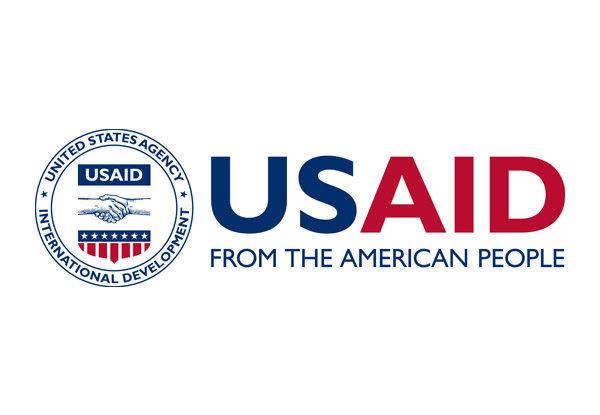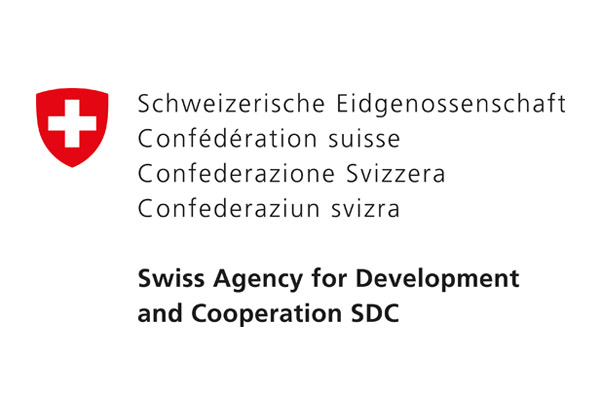IMPACT
How we create policy and advocacy messages
Our policy work promotes our strategic goals of localisation and risk-informed development.
We undertake direct advocacy to donor governments, UN agencies and other intergovernmental organisations at the regional and global levels.
We develop policy positions based on what member organisations and communities most at-risk experience on-the-ground.
Power dynamics
At the heart of our policy work is an understanding that change can only come about by challenging the power dynamics between local actors and national and global actors. There are four stages to challenging power:
1. Build ‘power within’
We need to strengthen the confidence and capacity of individuals in communities most at risk of disasters.
2. Strengthen ‘power to’
Strengthen the ability of community members and others to influence change at their level.
3. Mobilise ‘power with’
Gather people and organisations together around a shared goal.
4. Challenge ‘power over’
Influence power-holders to relinquish their power over others (especially invisible power) through awareness raising, collectivisation and bold action, with the aim of reaching shared power.
Start at the local level
Our process of collecting and developing policy positions starts from the local level and the work member organisations are doing on-the-ground.
Members work directly with communities to understand the actions that can build resilience at the local level – and also the barriers that prevent action being taken. Many members use our Views from the Frontline methodology to survey communities and gather evidence on local level disaster risk.
Many member organisations lead their own successful local-level advocacy initiatives. But being a member of our network enables them to bring these perspectives up to the national level, and share them with other civil society organisations in their country. This happens through our national coordination meetings or as part of our projects. In this way we enable organisations to deliver joint national advocacy campaigns.
From national to international
Coordinated by the GNDR Secretariat, national level advocacy priorities are analysed and compiled to create regional and global policy positions and recommendations. Regional level advocacy is carried out by the Secretariat alongside member organisations and our regional advisory groups. At the global level, we represent the global network and directly advocate for our policy recommendations to international policy-makers.
We often contextualise our policies recommendations for particular international events, such as the UNDRR regional and global platforms. On these occasions we prepare joint statements that are shared with our network for input and feedback, before becoming our global network position for that particular event.
Our advocacy work focuses on achieving our goals in the context of six areas that GNDR members have identified as the main drivers of risk: climate change, gender inequality, forced displacement, conflict, food and water insecurity, and unplanned urbanisation.
Featured resources
Community stories
Read stories from communities most at risk of disasters – and the members around the world who are working with them to build local resilience.
Join GNDR


